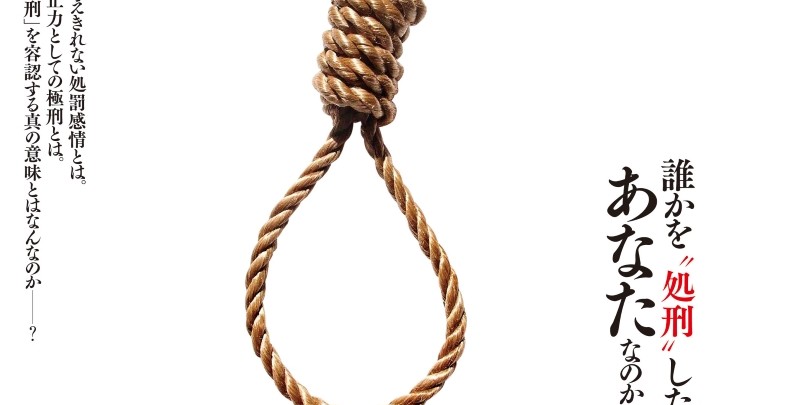For the former UN Secretary-General Ban Ki-moon, the death penalty is a “cruel punishment [that] has no place in the 21st century.” By April 2017, more than two-thirds of the country in the world (141 countries) had abolished capital punishment in law or in practice. But in Japan, the death penalty remains lawful and prisoners continue to be executed.
Dr Mai Sato is going a long way to changing Japan’s received notions of the legitimacy of the death penalty. Dr Sato began work on her project, Public attitudes towards the death penalty in Japan, in 2013, testing the Japanese government’s claim that the death penalty has widespread public support with attitudinal data. Dr Sato discovered that the majority of the population base their views on limited information and inaccurate perceptions, and that the Japanese public is ready to embrace the abolition of the death penalty. Dr Sato’s report, The Public Opinion Myth: Why Japan retains the Death Penalty, and The Wavering Public?, a documentary she commissioned, garnered extensive media coverage in Japan, thanks in part to her tireless efforts to build alliances and networks that would reach out to professional and policy audiences. The law may yet change in Japan – and, also, in India, Kenya, Zimbabwe and other jurisdictions that retain capital punishment, where Dr Sato has also been asked to conduct research.
Shortlisted for the University Research Engagement and Impact Awards 2017
First published: June 2017

